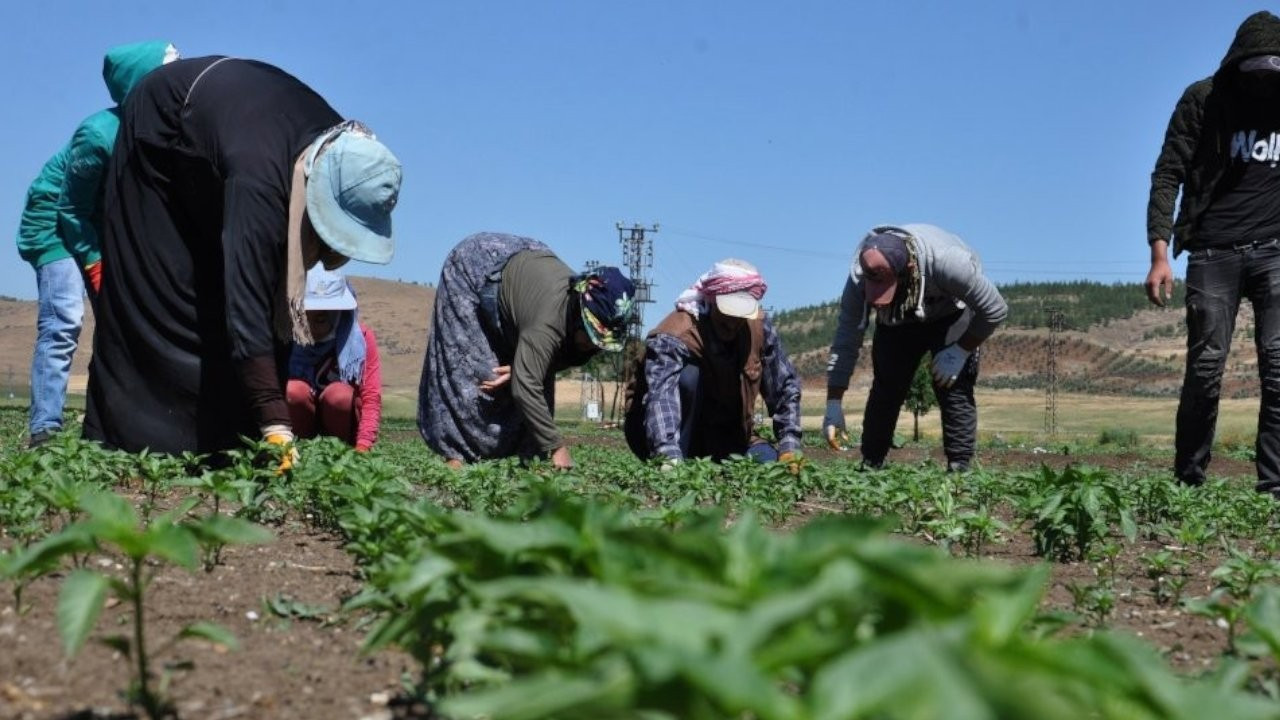Province-wide power shortages leave residents struggling in sweltering Urfa
As temperatures reached 50 degrees Celsius in Turkey’s southeastern province Urfa, frequent and prolonged power outages left patients dependent on medical devices, the elderly, and children struggling. While locals pointed to outdated infrastructure as the cause, the grid supplier Dicle Electricity Company (DEDAŞ) attributed the outages to excessive consumption.
Fatma Keber / Gazete Duvar
Residents of Turkey's southeastern province of Urfa struggle amid scorching heat as power grid failures leave them without vital services such as air conditioning and refrigeration for the majority of the summer months.
Power outages are not new to Urfa. In previous years, similar interruptions occurred frequently during the summer months. Some of these outages were due to malfunctions, while others were attributed by DEDAŞ to "debt and illegal usage."
This year, the situation remained unchanged. “Urfa is really struggling right now,” said the Nationalist Movement Party (MHP) deputy İbrahim Özyavuz and called for the government to address it promptly.
“There is no electricity in either rural or urban areas. They are implementing eight-hour outages in several places and providing single-phase power. They say ‘nobody paid,’ but this is not about payment. DEDAŞ workers are also slowing down work due to wage issues. But DEDAŞ is having difficulty providing electricity everywhere due to its lack of investment.”
Özyavuz highlighted the problems with the lines and criticized the punishment of those without debt for the debts of others, “Cutting off electricity to others because some haven’t paid is archaic. It’s summer, and Urfa is very hot. There are patients receiving home treatment, connected to devices; they are the most affected. We are in contact with them, but I don’t think a solution has been found yet.”
Özyavuz urged the government to find a solution with DEDAŞ, suggesting that DEDAŞ should renew the lines, avoid routing power poles through fields due to fire risks, and use concrete poles. He also advocated for placing power lines underground.
“We only see this situation in Urfa. In other cities, these lines are underground, with only lighting poles above ground,” said Özyavuz, repeating a suggestion he had previously made in Parliament, if the company cannot handle this, it should hand it over to the state.
Haydar Dağ, a resident of Boztepe village in Urfa, criticized the power outages, stating that the electricity infrastructure dates back to 1985.
“The wires are already affected by heat and provide low power constantly. The power went out at three yesterday and did not return until night. Now, it is out again. This situation is continuous; we are suffering. They don’t even answer our calls,” he said.
Dağ emphasized the severe problems caused by the outages, “The meat from our sacrificial animals is about to spoil because refrigerators are not working. We get energy from the Suruç district, but they are suffering the same fate as us. Over 40 villages face this problem in this heat.”
Mehmet Hanifi Müslümoğlu, Chair of the Southeastern Anatolia Corn Producers and Operators Association, said the outages violated people’s right to life.
“Our farmers are suffering losses. Outages last up to eight hours daily. People’s health is affected by temperatures reaching 45 degrees. Agricultural products and plants are drying up and getting damaged,” he said.
Despite the regular high energy levels in the region, Müslümoğlu stated, “These outages are a form of punishment for the people. All these unlawful actions are being covered up by DEDAŞ with the excuse of ‘illegal usage.’ The Ministry of Energy and other institutions are ignoring this situation.”
Gazete Duvar reached out to a DEDAŞ official, who attributed the outages to excessive consumption. “The adverse effects of agricultural irrigation and stubble burning in Urfa, combined with air conditioning usage, have led to excessive consumption, causing faults and outages in the power grid,” they said.
Meanwhile, a meeting was held with representatives from energy distribution companies and public institutions to address the power outages across the province.
Governor Şıldak instructed that all measures be taken to resolve the disruptions in electricity services, especially in the city center, and to prevent further suffering for the people of Urfa, using all available resources.
Highlighting the affected areas during the meeting, Şıldak said, “The outages negatively impact the normal flow of life and affect all sectors, from industry to agriculture. We have placed the steps to solve the problem on our agenda and will closely monitor the efforts. I will personally continue to follow up on the issue to alleviate our citizens’ suffering,” he said.
(English version by Ayşenaz Toptaş)


 Seasonal workers in Urfa set out west in search of better conditionsDomestic
Seasonal workers in Urfa set out west in search of better conditionsDomestic Economic woes, bird flu keep people’s plates meatless during Ramadan, Turkey’s Urfa residents complainEconomy
Economic woes, bird flu keep people’s plates meatless during Ramadan, Turkey’s Urfa residents complainEconomy Turkey experienced second warmest spring in 53 yearsEnvironment
Turkey experienced second warmest spring in 53 yearsEnvironment